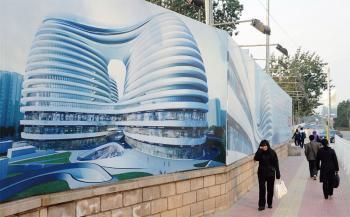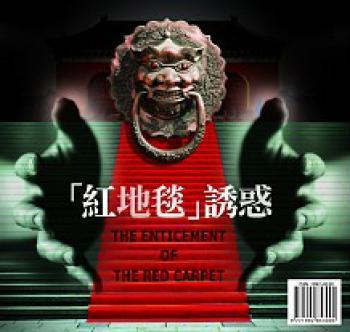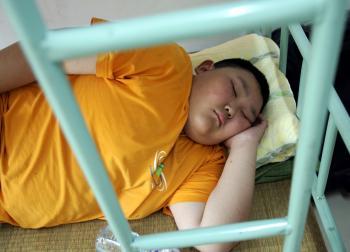Investment Environment Threatens Businesses in China
Officials and regulators sometimes profit more than business owners in China.

Chinese economy has hidden pitfalls. The absence of a stable environment for businesses to thrive has driven Chinese business people and foreign investors away. AFP/Getty Images
|Updated:





